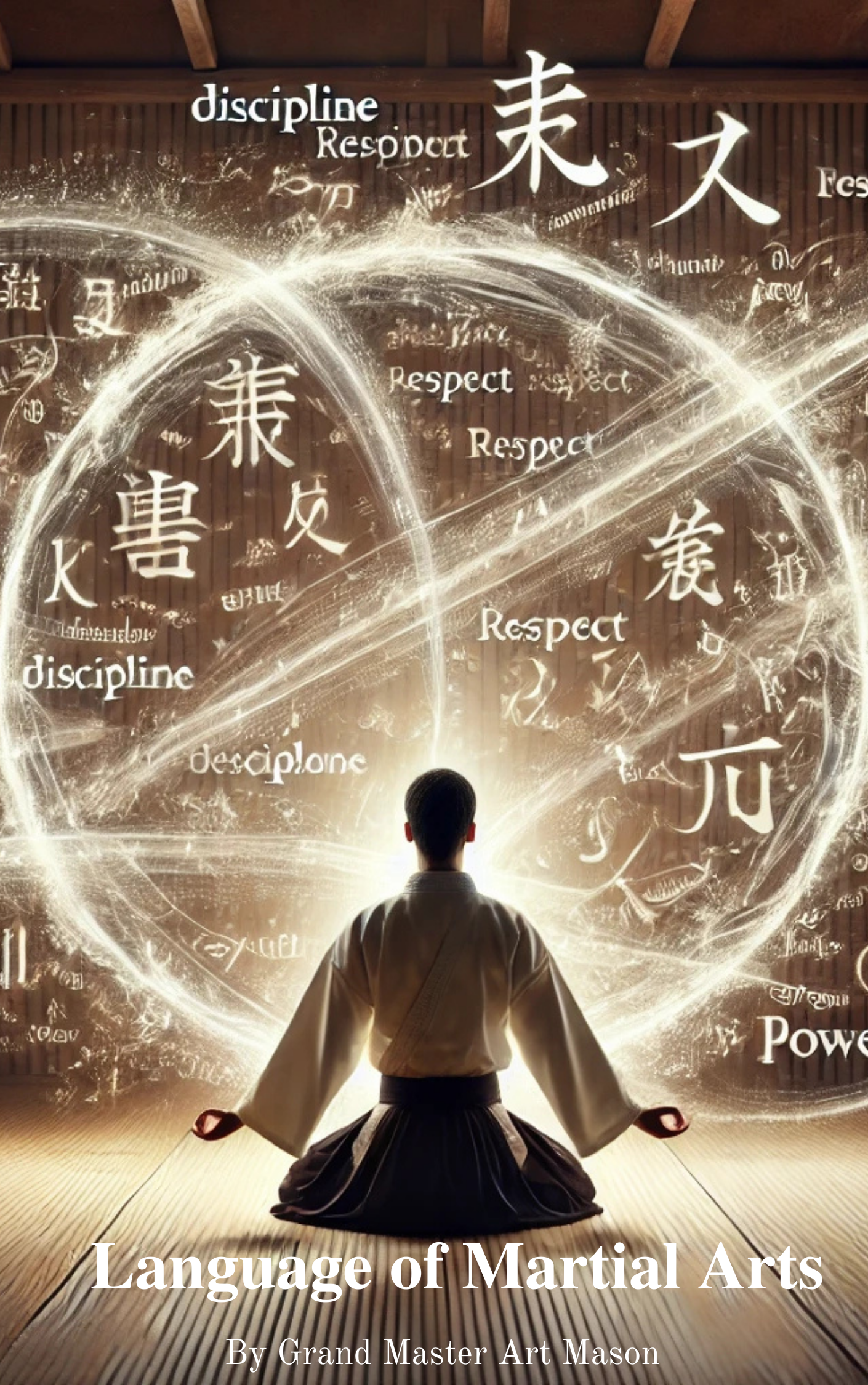Language of Martial Arts

The Language of Martial Arts is about the unprecedented power of the spoken or written word, and how it related to martial art study.
I am an English speaker. I am also learning to speak Romanian. And I am not doing this as a mind-expanding experience, which it is. But rather because if I am going to live in the country I should speak the language. It is also required for citizenship.
Plus, any opportunity to learn is beneficial to your health and general well-being. I do not believe in the paradigm of the West of sitting in front of a TV all day.
While this is not an article for me to bash the failed and useless educational system in Canada, I am going to call out English speakers in one way. Learn the definition of the words you use.
As an example, the work “phobia” means “an irrational fear of.” Because I disagree with someone or their ideology does not make me phobic.
The same with the word conspiracy. A conspiracy is a plot between two or more people to carry out an illegal activity. Therefore, Conspiracy Theory is a “belief there is a plot to carry out an illegal activity.” It does NOT mean PARANOID or being WRONG. If correct, then it is Conspiracy FACT.
People who use words incorrectly to me look foolish. Especially when they have many meaningless letters behind their names. The school system of the west is producing graduates who cannot speak properly, do basic math or sign their names cursively.
Deep Dive into the Language of Martial Arts
Language of Martial Arts
The martial arts we study typically come from East Asia, and they were originally taught in the language of the country of origin. That was a beautiful thing. Today, in the Dojo, much of this language usage has been lost. The reason I believe is the teaching of children and the idea that things should be watered down as to not make the child “feel bad.” To me, this is a ridiculous notion which has led to the development of weak people. Language of Martial Arts is about changing this direction and understanding the power of language.
Language of Martial Arts is about taking the languages we use and applying the benefits from the martial arts to everyday life.
Language of Martial Arts is not about putting the Japanese language back in Shotokan Karate, which is not a bad idea, but rather understanding the power of words.
Here is an example from my life of an encounter with the “Jandarmeria Română,” Romania’s military police, during a late-night walk with my two huskies. When their patrol car stopped, the officer greeted me with: “Este totul în regulă, domnule?” (“Is everything alright, Sir?”). I replied, “Da, domnule, doar îmi plimb huskiii.” (“Yes, Sir, I’m just walking my huskies.”)
When he spotted the dogs, his tone warmed: “O, câini frumoși, bucurați-vă de seara, domnule!” (“Oh, such beautiful dogs, enjoy your evening, Sir.”) I responded, “Vă mulțumesc, domnule, să ai o seară frumoasă.” (“Thank you, Sir, have a beautiful evening.”)
By using formal language, we established mutual respect. Now, whenever the officer sees me, he waves, knowing I am a respectful resident of his country. This interaction, rooted in formal communication, reflects the warm treatment I receive in Romania.
Sadly, in the West, the value of formal language has diminished. As a child, I was taught to call adults “Mr.” or “Mrs.”—never by their first names unless invited. This tradition, which instills respect and discipline, has eroded, leading to a decline in societal values. Respect, which is a cornerstone of strong character, is often misunderstood today. It’s not about outdated formalities—it’s about fostering strength and integrity.
Today profanity is used like it is somehow virtue, and I have been guilty of this too.
The Bible states at the very beginning that God “spoke” the world into existence. This shows that in ancient times people better understood the power of words, the power of language, than we do today. And this power exits in the martial arts we love, and I believe it is time we go back to this state.
What is the Language of Martial Arts?
The Language of Martial Arts is a revolutionary book that explores the critical role language plays in martial arts instruction and personal development. Written by Grand Master Art Mason, with over 40 years of experience, this book dives deep into:
- The art of precise communication in teaching and learning martial arts.
- How respectful language fosters discipline and mutual understanding.
- The transformative power of words in leadership, relationships, and self-perception.
Why Language Is the Key to Mastery
Whether you're a martial artist, instructor, or someone striving to elevate your communication, this book, the Language of Martial Arts reveals:
- For Instructors: How to use language to teach with clarity and inspire students.
- For Students: The importance of language in understanding and mastering techniques.
- For Everyone: How to reclaim respect and intent in everyday communication.
What You’ll Discover Inside the Language of Martial Arts
- The historical and cultural significance of martial arts terminologies.
- Strategies to communicate with authority, respect, and impact.
- Techniques to apply martial arts principles of language to everyday life.
- Insights into avoiding conflicts through the power of disciplined speech.
Who am I to write a book like the Language of Martial Arts? Well, I am a student of life, someone who has studied the martial arts now for over 40 years. Plus being almost 6 as of this writing, and learning a second language, I can see the true power in language. Follow me on this journey with this critical work. Take a look at my different Kyusho and Kosho eBooks from these links.
Now Online
Available in English, Spanish, French, and Romanian